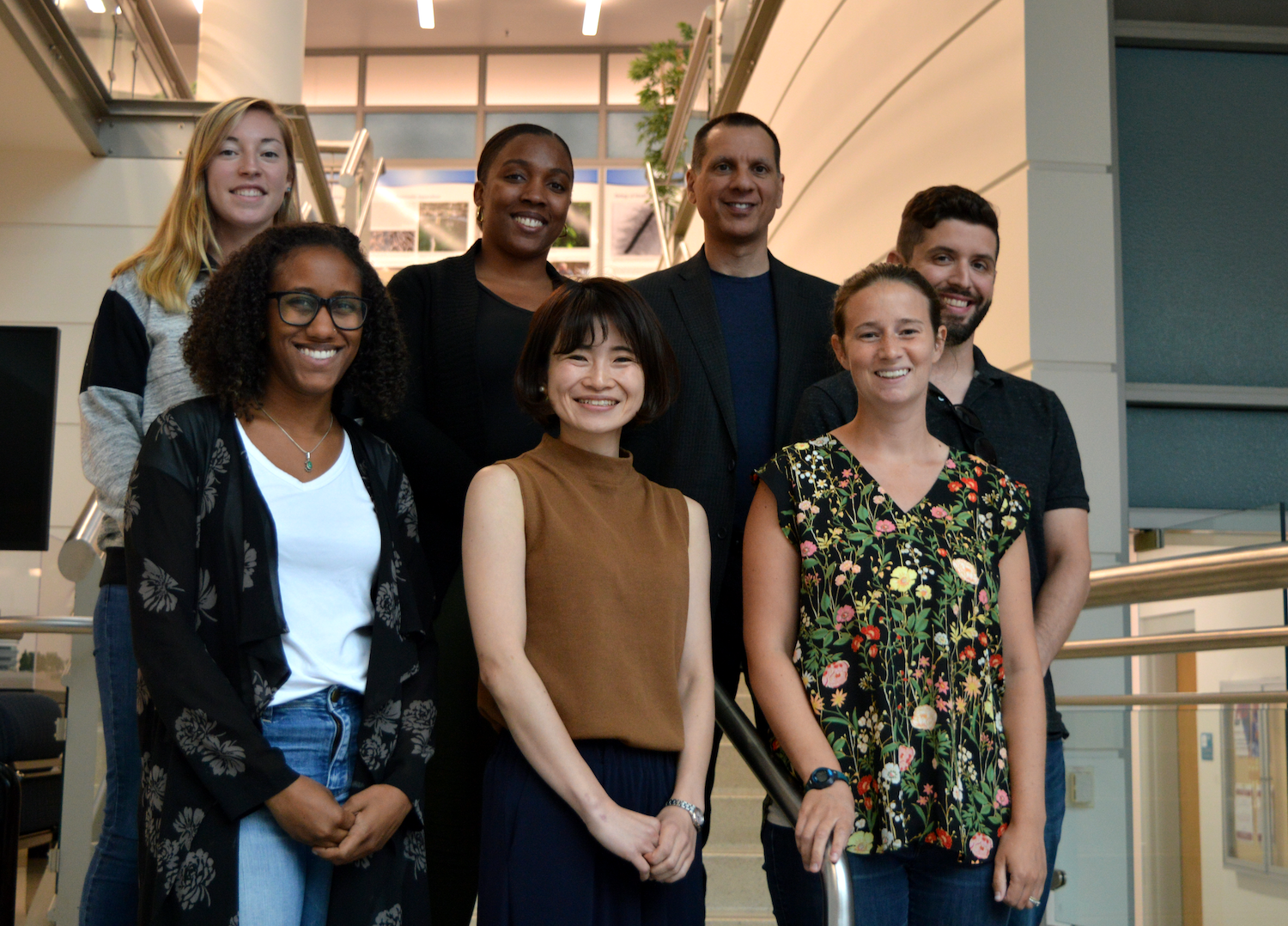Opening Doors to Entrepreneurship

Dr. Nina Lamba joined the team at IMET in March of this year as the Assistant Director. In this role, she directs the Ratcliffe Environmental Entrepreneur Fellowship (REEF), which is funded by the Ratcliffe Foundation. Now that she's had some time to work with students through this program, we sat down to get her take on the REEF Program and why it is important.
Could you describe in your own words what the REEF program is?
The REEF program is an introduction to entrepreneurship. We make students think of an idea for a technology related to the environmental field. We ask them: Is it a competitive idea? What else is in the marketplace? How would you protect your idea so that you have enough time to develop and commercialize it? When students come out of REEF, they’re equipped to start their own company, as some in our cohorts have done, or to work as part of an innovation team in a company or government laboratory. It helps you be ready for many different opportunities.
Why do you think students should get training through REEF?
The REEF program helps students learn and refine a different set of skills from what you typically get to practice in the research lab. Many students nowadays are not necessarily looking for an academic career. We have to help them understand what opportunities are available for them to be able to put the years that they’ve spent in education and research toward the benefit of society. That often requires a complementary set of skills that entrepreneurship can nurture. Scientists need to be better at advocating for and developing their ideas as well as bringing others on board, if those ideas are going to change the world.
What are the skills students gain from REEF?
One of the key elements is learning to look at their ideas through the lens of a non-scientist. Many of the decisions affecting science are made using economic and business factors than scientific principles. Students have to understand that concept in order to communicate their ideas in different ways and succeed in advancing their work.
I know that you weren’t in the REEF program. How did you become an entrepreneur?
I’ll be honest and say that it was never in my plan to start up a company and run it. I had learned that a technology had been discovered that could create antimicrobial surfaces, but it needed significant development. My company ended up focusing on applications in textiles. For example, hospital curtains can harbor bacteria that have been associated with infections. By preventing microbes from surviving on the curtains, you can reduce hospital-acquired infections. Had a company not been created to focus on that research and development, this cost-saving and life-saving technology probably may not have been developed at all.
I joined a group working on this because there was a societal need for this research and development and because I had skills in project management, lab management and writing. At first, I was just helping to take the first steps to set the foundation for commercial development, and at some point, I found myself leading the technical and business direction as well, and I the future of the technology lay with me. There weren’t many resources specifically tailored towards technology entrepreneurship at that time, so it was all about learning by doing. With REEF, we try to capture that experiential element by having students develop and pitch an idea, but provide more resources to help kickstart their growth as entrepreneurs.
What opportunities are there in Baltimore and Maryland for starting businesses?
Maryland has an incredible amount of opportunity. I worked for five years at the Maryland Department of Commerce, which really opened my eyes to how much is happening in the Life Sciences sector. There’s so much innovation and energy in Baltimore and the entrepreneurial community is very accessible. The technology incubators in the city are full and there’s a lot of social capital for our REEF students to access as they consider breaking out on their own.
What is your biggest piece of advice to the students?
You have to keep an open mind and keep learning because you never know where opportunities are going to come from. The more tools you have in your toolbelt, the better equipped you’ll be.